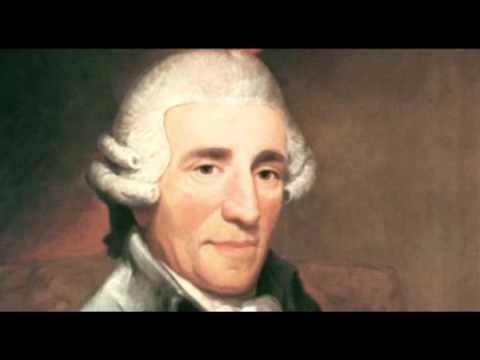Beethoven will always be my favorite Composer. However I have probably heard each of his Symphonies a couple of hundred times now. I am still discovering Haydn's Symphonies and Quartets.
Haydn's Piano Music pales beside Mozart, Beethoven and Schubert, however
Haydn's Piano Music pales beside Mozart, Beethoven and Schubert, however
 ) was that apparently programmers and a broader public don't appear to. It was this phenomenon I was contemplating.
) was that apparently programmers and a broader public don't appear to. It was this phenomenon I was contemplating.
Comment